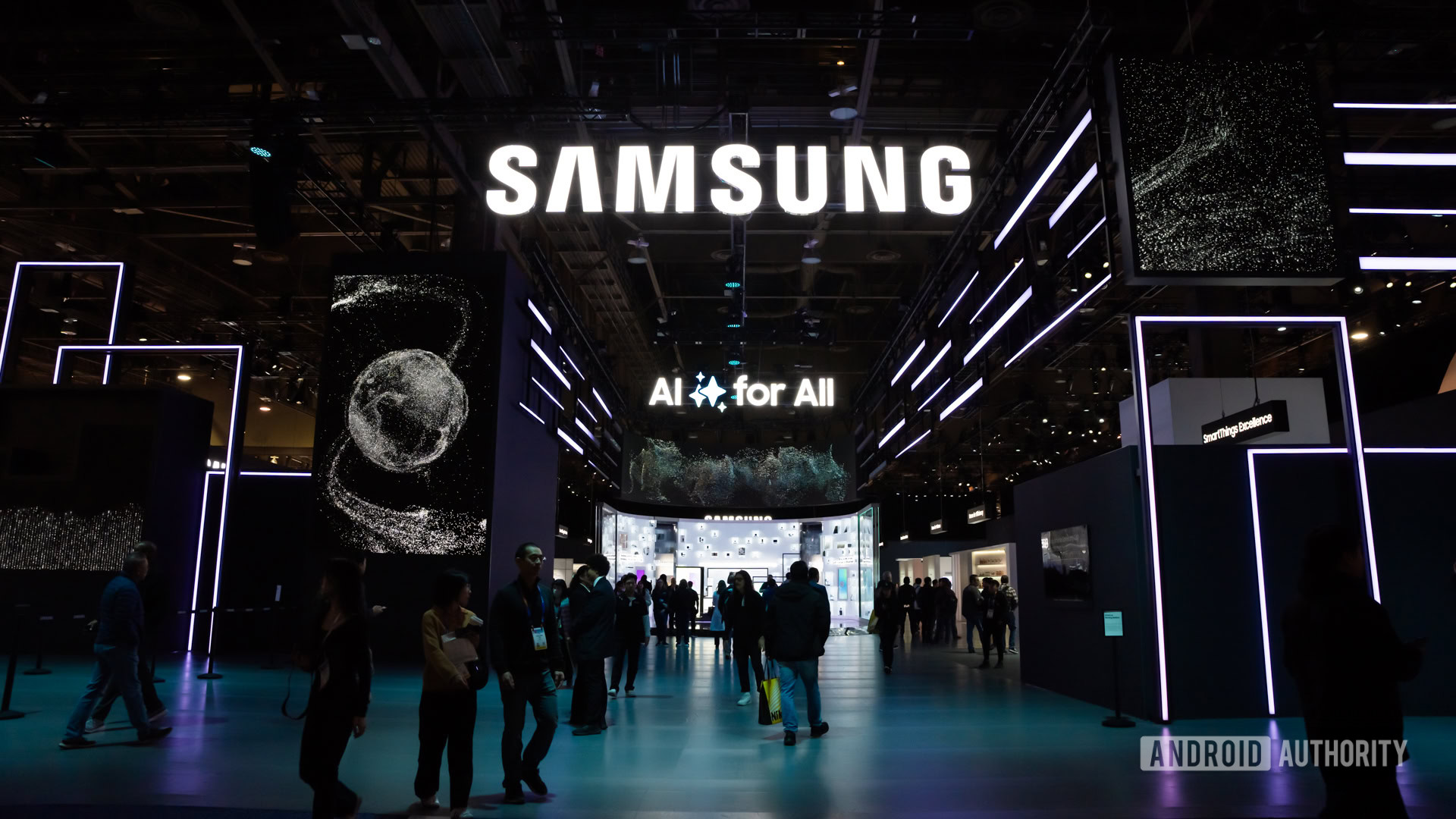In recent weeks, automakers and other companies in the vehicle space are pulling back their investments in electric vehicles (EVs), including laying off workers in multiple states.
The moves come in the wake of Republicans’ One Big Beautiful Bill Act, which repealed incentives for consumers to buy electric cars.
GM in particular is set to lay off 1,200 workers from its Detroit plant and another 550 from its Ultium Cells plant in Ohio.
Meanwhile, another 850 are being temporarily laid off from the Ohio Ultium Cells plant and another 710 being temporarily let go from an Ultium factory in Tennessee.
While those layoffs were the largest that were recently announced, they’re not the only ones.
Last month, EV-maker Rivian told staff it would let go of about 4.5 percent of its workforce. Reuters reported that this represents more than 600 jobs.
“With the changing operating backdrop, we had to rethink how we are scaling our go-to-market functions,” Rivian CEO RJ Scaringe said in a note to staff seen by The Hill.
Meanwhile, Freudenberg e-Power Systems said this week it would close two EV battery facilities in Michigan, laying off 324 workers.
“We have reached this difficult decision due to the decrease in demand for heavy-duty electric and hybrid electric vehicles in North America,” the company said in a statement.
The moves come after this year’s tax and spending bill eliminated a tax credit for consumers that brought down EV prices by up to $7,500.
The credit expired at the end of September.
GM, whose spokespeople did not immediately respond to The Hill’s request for comment, cited in a recent note to investors government policies and specifically the end of incentives as part of a need to reassess its electric vehicle strategy.
“With the evolving regulatory framework and the end of federal consumer incentives, it is now clear that near-term EV adoption will be lower than planned,” said the letter from CEO Mary Barra last month ahead of the layoff announcement.
“That is why we are reassessing our EV capacity and manufacturing footprint. The work, which is ongoing, resulted in a special charge in the third quarter, and we expect future charges,” Barra said.
Meanwhile, Shawn Fain, president of the United Autoworkers union, criticized both the company and the government.
“Last week, GM raised its expected annual profits to $13 billion dollars. This week, they announce layoffs…. The company continues to post billions in profits every year,” he said.
“Going into negotiations, we knew — and the company knew — that the electric vehicle transition was going to be volatile. The cutting of federal subsidies for EVs has only made that volatility worse,” he added.
Stephanie Valdez Streaty, director of industry insights at Cox Automotive, told The Hill that federal policies, especially the end of the tax credits, are a major factor in the layoffs.
“It’s been significant in slowing EV demand,” Valdez Streaty said.
However, she also noted other factors impacting automakers more generally that may be playing a role.
“You also have tariffs that are going on. You have chip shortages…there’s [an] aluminum fire that hurt production…there’s all these different things that are going on that are just amplifying or magnifying the navigation manufacturers have to do in terms of production,” she said.
Mike Madowitz, principal economist at the Roosevelt Institute, said that while some of these layoffs could be transferred to other jobs, including equivalent jobs related to gas-powered cars, they’re coming at a tough time for manufacturing more broadly.
“It’s pretty hard to not notice that manufacturing employment has been falling basically ever since we had tariffs announced,” Madowitz said.
“If you’re making the multi-decade commitments that you do when you’re investing in auto and battery plants, you have to think harder about your ability to export stuff from America,” he added.








